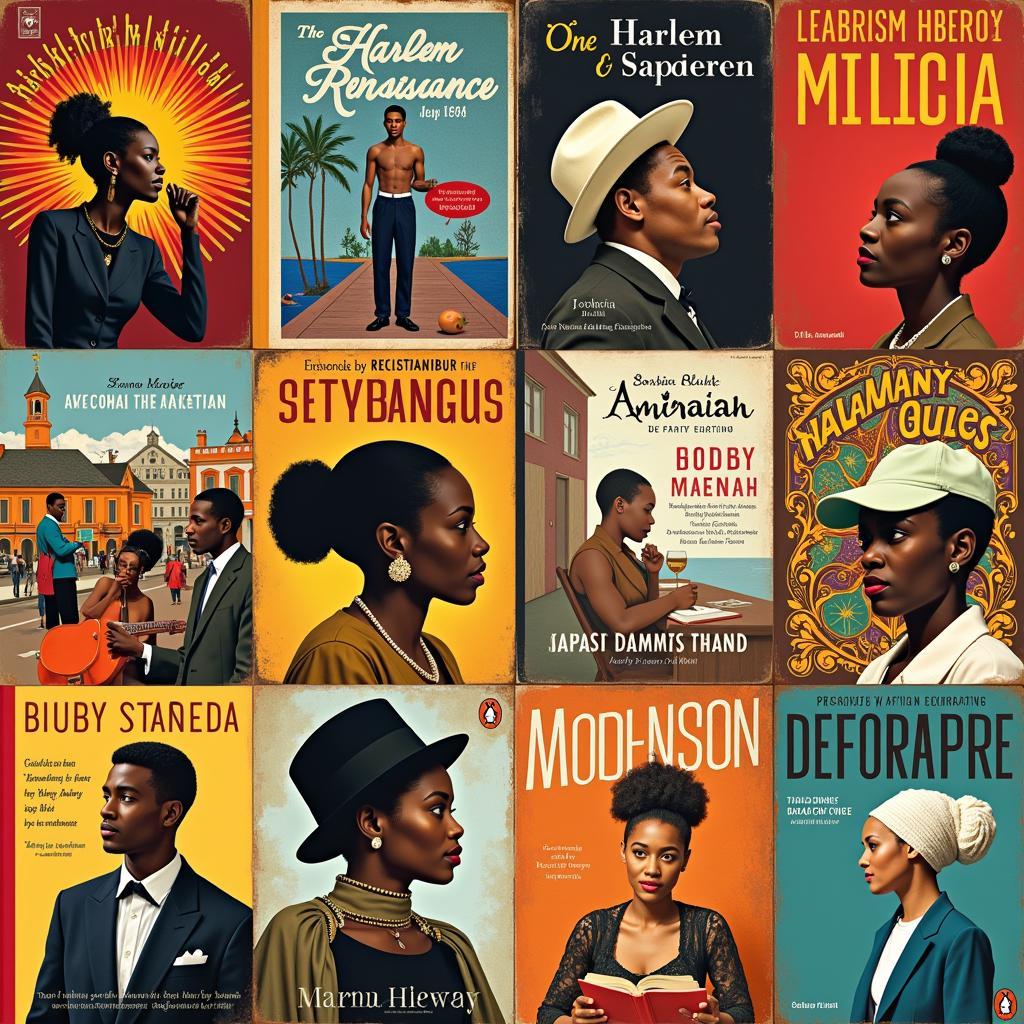Unveiling African American Memory: A Journey Through History and Heritage
African American Memory encompasses the vast and intricate tapestry of experiences, narratives, and cultural expressions that have shaped the lives of Black people in America. From the harrowing transatlantic slave trade to the ongoing fight for social justice, African American memory serves as a powerful reminder of the resilience, creativity, and indomitable spirit of a people who have overcome immense adversity.
This exploration delves into the multifaceted nature of African American memory, examining its significance, evolution, and enduring impact on American society.
The Power of Oral Tradition: Preserving African American Memory
For centuries, oral tradition served as the primary vessel for preserving African American history and culture. In the absence of widespread literacy among enslaved Africans, stories, songs, and folktales were passed down through generations, carrying with them ancestral knowledge, spiritual beliefs, and poignant narratives of survival.
These oral traditions, often infused with West African storytelling techniques, provided a sense of continuity and collective identity in the face of forced displacement and cultural disruption. Spirituals, for example, emerged as a powerful form of musical expression, conveying coded messages of hope, resistance, and longing for freedom.
The Written Word: Documenting the Black Experience
With the advent of emancipation and the expansion of educational opportunities, African American literature blossomed, providing a powerful platform for Black voices to be heard. Writers like Frederick Douglass, Sojourner Truth, and W.E.B. Du Bois eloquently articulated the complexities of the Black experience, challenging racist ideologies and advocating for social and political equality.
The Harlem Renaissance, a period of unparalleled artistic and intellectual ferment in the 1920s, witnessed a flourishing of African American literature, music, and visual arts. Writers like Langston Hughes, Zora Neale Hurston, and Alain Locke explored themes of identity, race, and the search for cultural roots, leaving an indelible mark on American literature.
 African American Literature: The Harlem Renaissance
African American Literature: The Harlem Renaissance
Museums and Monuments: Commemorating African American History
Museums and monuments play a vital role in preserving and showcasing African American memory. Institutions like the National Museum of African American History and Culture in Washington, D.C., and the National Civil Rights Museum in Memphis, Tennessee, offer immersive experiences that educate visitors about the struggles and triumphs of African Americans throughout history.
african american literature schools and movements provide further insights into the evolution of Black narratives and their impact on American society.
Moreover, the creation of memorials and monuments, such as the Martin Luther King Jr. Memorial in Washington, D.C., serves as a powerful reminder of the ongoing fight for racial justice and equality.
Digital Archives: Expanding Access to African American Memory
In the digital age, online platforms and archives are playing an increasingly important role in preserving and disseminating African American memory. Projects like the Digital Public Library of America and the African American History Project at the University of North Carolina at Chapel Hill provide access to a wealth of historical documents, photographs, oral histories, and other primary source materials.
These digital resources not only facilitate scholarly research but also empower individuals to trace their family histories, connect with their heritage, and gain a deeper understanding of the African American experience.
Conclusion: The Enduring Legacy of African American Memory
African American memory is not merely a collection of past events; it is a living, breathing entity that continues to shape the present and inspire future generations. By preserving and sharing their stories, African Americans ensure that their voices are heard, their experiences are honored, and their contributions to American society are recognized.
african american little boy haircuts 2016 offer a glimpse into the diverse expressions of African American culture, highlighting the importance of representation and inclusivity.
As we continue to grapple with the legacy of slavery and systemic racism, it is imperative that we engage with African American memory, learn from its lessons, and work towards building a more just and equitable society.

